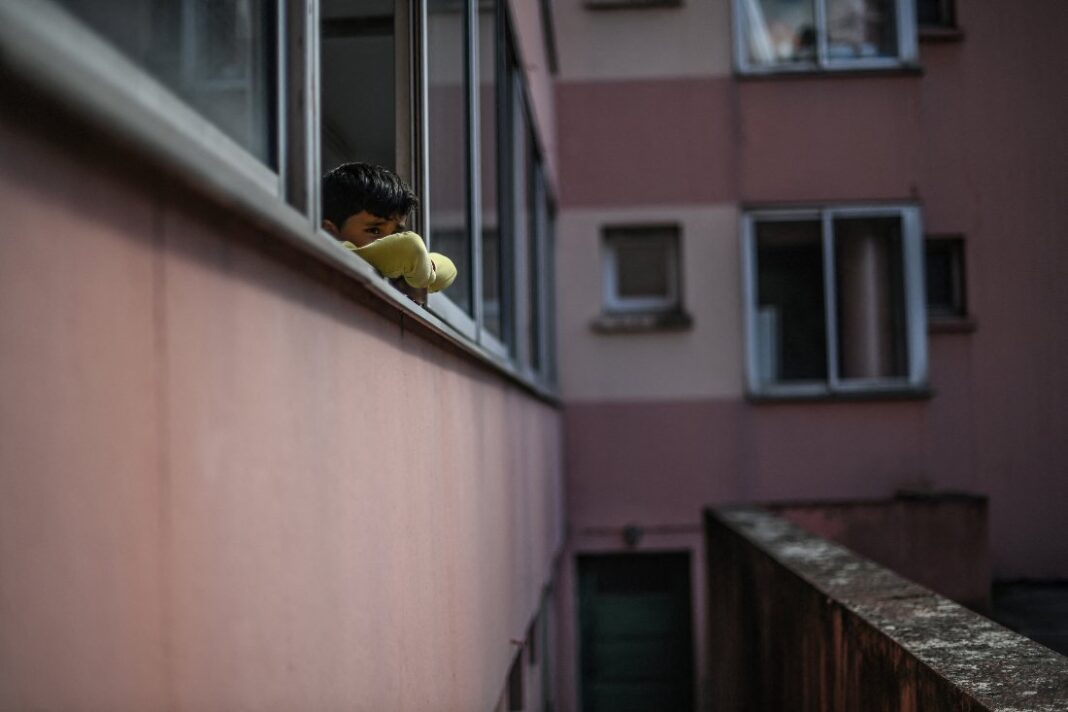LONDON: Afghan refugees who arrived in Britain following the evacuation of Kabul are being separated from family members and moved around the country to alleviate a shortage of hotel rooms, UK newspaper The Times reported on Saturday.
Major hotel chains, including Ibis, Arora and Britannia, have axed government refugee contracts in a bid to attract regular guests.
The contract cancelations meant that government staff had to scramble to relocate refugees to available accommodation, with many families being split up in the process, with members being sent hundreds of miles away from each other, disrupting employment and education routines.
The news that around 9,500 Afghan refugees are still being housed in hotels across Britain comes almost a year after the evacuation operation in Kabul began. The hotel system reportedly costs UK taxpayers about $1.2 million per day.
Britain has so far provided only 7,000 Afghan refugees with permanent accommodation — less than half of the total evacuees.
Marwa Koofi, 21, told The Times that after being placed in a London hotel upon arrival from Afghanistan, she was then moved to Leeds along with her siblings and mother.
But after almost a year waiting for permanent housing in the northern city, Koofi’s family was split up, with her mother and one sibling moving to West Sussex, and her other siblings forced to relocate to Manchester.
Koofi was asked by her mother to handle all communications with the UK Home Office due to her English language skills.
She told The Times: “Everyone was looking to me, saying, ‘You have to do more.’ My mother was very tired, she had a very hard health situation. It became so bad that the family even discussed returning to Kabul.
“(After) 10 months, everyone (felt) that we should just leave the UK and go back because we came to the UK to be away from the Taliban and danger, and away from their prison. But it doesn’t feel very different from Kabul anyway.”
However, Koofi said that her admission into a university course this year had given her reason to stay, adding: “That is a bright light in front of me, so I’m going to stay. I’m looking forward to it.”
Jon Featonby of the British Red Cross said: “12 months on, far too many people are still living in hotels, their lives effectively on hold as they wait to find out where their more permanent homes will be.
“We know from our work supporting those in the asylum system the negative impact long stays in temporary accommodation can have, and we need to urgently see a plan to get people into proper homes.
“Many of those we worked with are also incredibly concerned about their loved ones left in Afghanistan, with families separated as events unfurled. We are urging the UK government to clarify how these families can be reunited and be safe together.”
A Home Office spokesperson said: “We are proud this country has provided homes for more than 7,000 Afghan evacuees in such a short space of time, but we face a challenge of there currently not being enough local housing accommodation in the UK — not just for Afghans and those in need of protection, but also British citizens who are on a waiting list for homes.”




